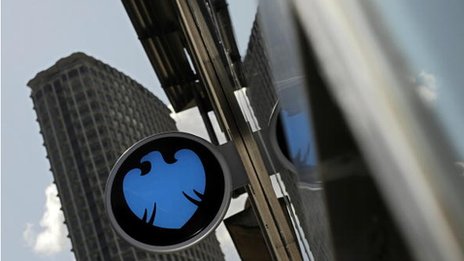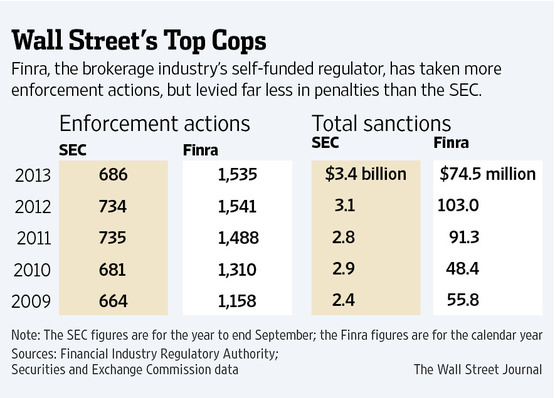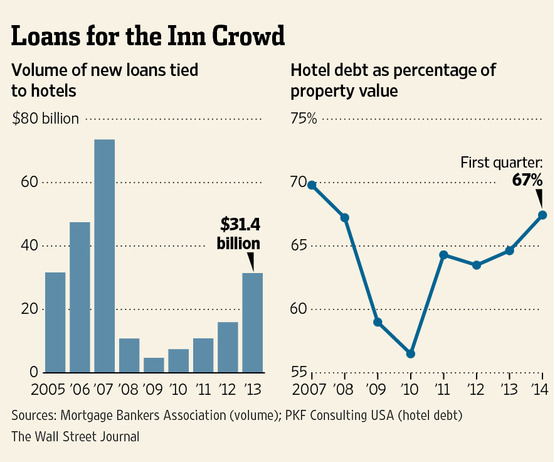Shares in UK’s Barclays Bank fell as much as 10% and closed 6% lower today on the London Stock Exchange, after New York Attorney General Eric Schneiderman filed criminal charges against the bank in connection with the brokerdealer’s “dark trading pool, ” one of the financial market’s largest electronic trading platforms whose business model is to provide black box order matching for large block trades. New York’s top cop has accused Barclays of fraud, including allegations of misrepresentations made to clients of the bank, including the world’s largest investment managers.
In addition to heavy selling in the company’s shares, Barclays was forced to postpone the floating of a $1billion debt issue, whose proceeds were intended to retire outstanding debt issued at higher interest rates, and other purposes that include conforming to new capital rules imposed on investment bank/brokerdealers throughout the global financial markets
Per reporting from the BBC:
Prosecutors said Barclays misrepresented the kinds of investors that were using the dark pool. They said the bank claimed the pool was closed to aggressive traders, but in reality it was not.
They also said the bank had misled ordinary investors by claiming it would use a stock exchange or dark pool that “would best execute their trades” at any given time, but in fact the trades were “nearly always” routed to Barclays’ own dark pool so the bank could make more money.
The world’s major stock markets, such as the London and New York Stock Exchanges, are known as light markets, as they are highly transparent and regulated.
Dark pools are private markets set up by banks that are less transparent and so are not open to the same levels of scrutiny.
New York attorney general Eric Schneiderman said: “The facts alleged in our complaint show that Barclays demonstrated a disturbing disregard for its investors in a systematic pattern of fraud and deceit.”
“Barclays grew its dark pool by telling investors they were diving into safe waters. According to the lawsuit, Barclays’ dark pool was full of predators – there at Barclays’ invitation,” he said.
The complaint details “a flagrant pattern of fraud, deception and dishonesty with Barclays clients and the investing public,” he added.
Mr Schneiderman said presentations made by Barclays were “demonstrably false”. He read out some of the emails cited in the complaint. One, from a vice-president of sales, said: “I always like the idea we are being transparent, but happy to take liberties if we can all agree.”



